SPEAKING AT LAST night’s ‘BAFTA A Life in Pictures: Nicole Kidman’, the actress spoke frankly about what happens to Hollywood actresses past a certain age:
…there [is] a time in this industry when they go ‘oh well you’re…past your due date,’ kind of thing and we’ve seen what you have to offer and that’s it and we’re moving on to the next thing, you know.
This is, of course, just one anecdote from a hugely wealthy and Oscar-winning actress. So I’d imagine many a person rolling their eyes at Kidman’s point and having at best, little sympathy, and at worst, calling her a liar.
But there is a large body of data to back up Kidman’s observation of the industry.
In 2016, The Pudding, compiled an extraordinarily in-depth research on film dialogue. They analysed over 2,000 screenplays, mapping out characters who spoke more than 100 words and categorizing them by gender. They themselves say they didn’t set out trying to prove anything, but rather compile real data’, framing not their work as a census.
The results were stark.
Their data found that for adults of both genders, aged 22 to 65, there was a total of 177 million words spoken. However, women spoke only 50 million of those 177 million words (28.2 per cent), whilst men got 2.5 times more, speaking 127 million words (71.8 percent).
This is far from equal representation.
When looking at the breakdown of ages, it reveals an even more unpleasant picture. The older you get as a woman, the less words you are given.
As can be seen in the graph, the majority of words given to women were during their ‘peak’ attractive years (under 41) or when they are most fertile, given that our societal beauty norms are obsessed with youth.
With 11 million words given, accounting for 6 per cent of the total, women aged 42 to 65 are rendered nearly invisible.
Men looking for a career change during the mid-life crisis could well turn to acting as their visibility increases with age on screen.
Men in the age bracket of 42 to 65 get more than six times the amount of words than women in the same group.
Some argue that films are a fantasy, a surreal form of escapism from the mundane reality of life and so should not be taken seriously. However, if that were the case, why would movies spend millions on ensuring historical accuracy and realistic prosthetics?
Representation in films matter because they reflect back to us what society values and re-imagines what our society could be. The unequal distribution of lines to young and beautiful women and to older, grey-haired men perpetuates the conservative norms in our society that women are most useful when they are in their fertile years and that men, like fine wine, become more useful and intersting as they age.
Mila Kunis, Nicole Kidman and Reese Witherspoon have started to create scripts and produce their own movies and TV shows so that they could continue to act in compelling roles. Witherspoon’s Big Little Lies was a phenomenal success and landed Kidman a Golden Globe at the age of 51.
Kidman, speaking to the audience at the BAFTA event, said she wanted to:
…take control of my destiny because a lot of times as an actor you are at the mercy of what you’re offered or what you audition for and you don’t get the chances sometimes, so I went ‘gosh it would be great if I could develop a few roles or a few things that I would be able to play or that I would be able to develop for my friends or in some way, you know, broaden the horizons a little bit.
We salute you, Nicole! Here’s hoping that our daughters grow up seeing women in their sixties kicking ass on the regular.

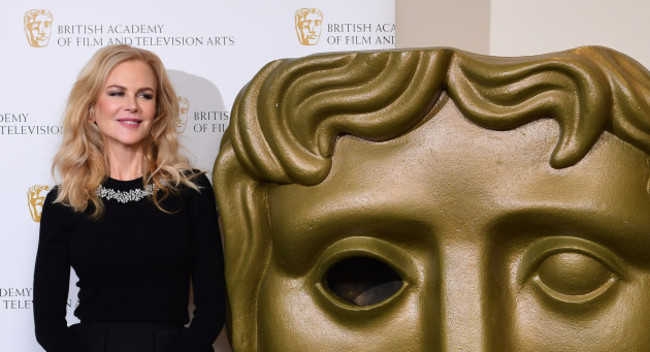
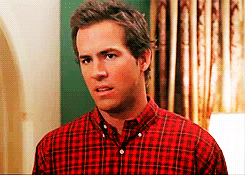
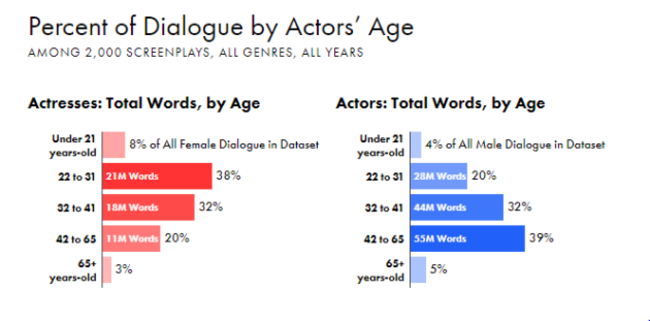
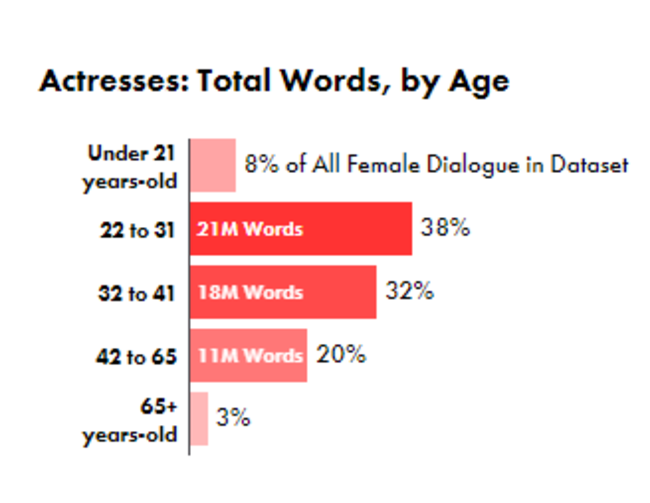
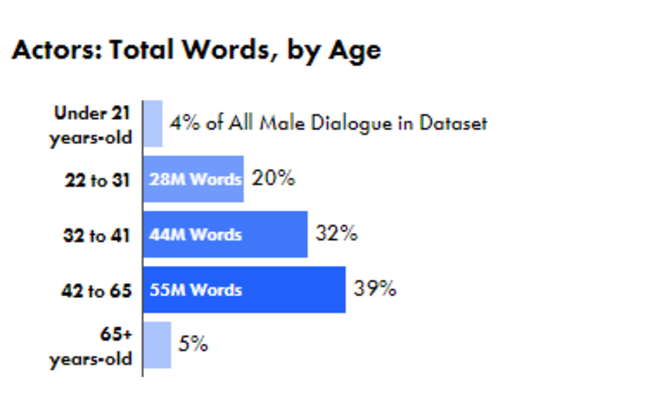
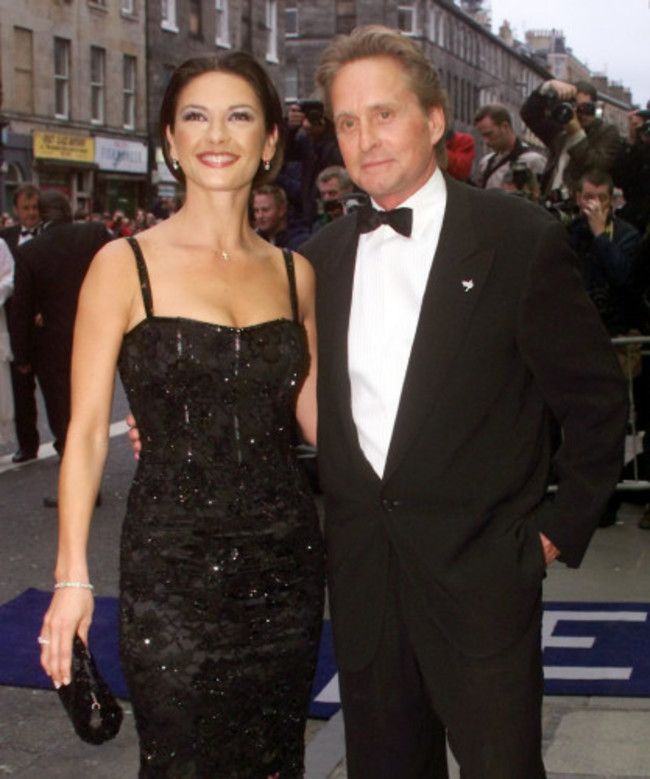








COMMENTS